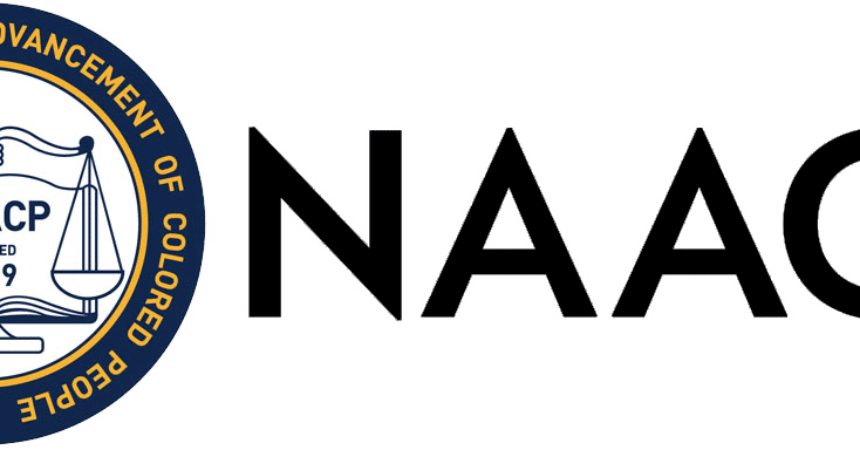
Judge rejects part of elections law challenge

Photo special to the Outlook
By Jim Saunders
News Service of Florida
A federal judge rejected part of a challenge to a 2023 Florida elections law that prevents people with certain felony convictions from “collecting or handling” voter-registration applications.
Chief U.S. District Judge Mark Walker last Monday agreed with the state’s arguments that the League of Women Voters of Florida had not shown it has legal standing to challenge the felon restriction in the law, which also placed a series of other restrictions on voter-registration groups.
“For starters, plaintiffs’ fears of incurring liability under the ‘felon ban,’ and plaintiffs’ reorganization of its registration efforts in response to these fears, are based on speculation that they have members or volunteers with disqualifying convictions,” Walker wrote. “But plaintiffs’ evidence demonstrates that they steadfastly refuse to determine whether any members or volunteers actually have disqualifying felony convictions under the ‘felon ban,’ and thus, plaintiffs ask this court to simply assume that they risk violating the ‘felon ban’ by virtue of the population that they serve.”
Voting-rights groups and other plaintiffs filed three federal lawsuits last year challenging the law, in part arguing it violates First Amendment rights. In a July ruling, Walker issued a preliminary injunction against two other changes in the law. Those changes would prevent non-U.S. citizens from collecting or handling voter-registration applications and make it a felony for voter-registration group workers to keep personal information of voters.
The state has appealed that ruling to the 11th U.S. Circuit Court of Appeals. Walker separately refused to issue an injunction in July to block other parts of the law, including the part about felons.
In approving the law (SB 7050), Gov. Ron DeSantis and other state Republican leaders said it was needed to help ensure that elections are secure.
But groups such as League of Women Voters, the NAACP and Hispanic Federation argued that the restrictions would unconstitutionally hamper what are known as “third party” voter-registration organizations that play an important role in signing up Hispanic and Black voters. The groups also said they could face penalties for violating the law.
“The prohibition on and threat of civil penalties for using volunteers with felony convictions or who are non-U.S. citizens to collect and deliver voter registration applications is a severe burden on LWVFL’s (the League of Women Voters of Florida’s) First Amendment rights based on the identity of the speaker,” the League of Women Voters lawsuit, filed in May, said. “These provisions prevent LWVFL from recruiting volunteers from communities it aims to serve through its civic engagement activity and limit the scope of its expressive conduct, unconstitutionally favoring the speech of some speakers and barring the exact same speech from others.”
Walker’s ruling did not address the merits of such arguments. But it said the League of Women Voters had not met standards to establish standing to challenge the felons part of the law.
Walker wrote that the organization had shifted to an online voter-registration process based on “speculative fears” of violating the felons restriction. But he said that was not sufficient to establish standing.
“Given plaintiffs’ refusal to conduct background checks or otherwise inquire into their members or volunteers’ criminal history, plaintiffs have no way to know if any of their members or volunteers have been convicted of any disqualifying felonies unless their members or volunteers offer up that information freely,” Walker wrote. “But even when an individual has voluntarily provided information pertaining to the nature of their conviction, plaintiffs have not said whether they have a disqualifying conviction.”







